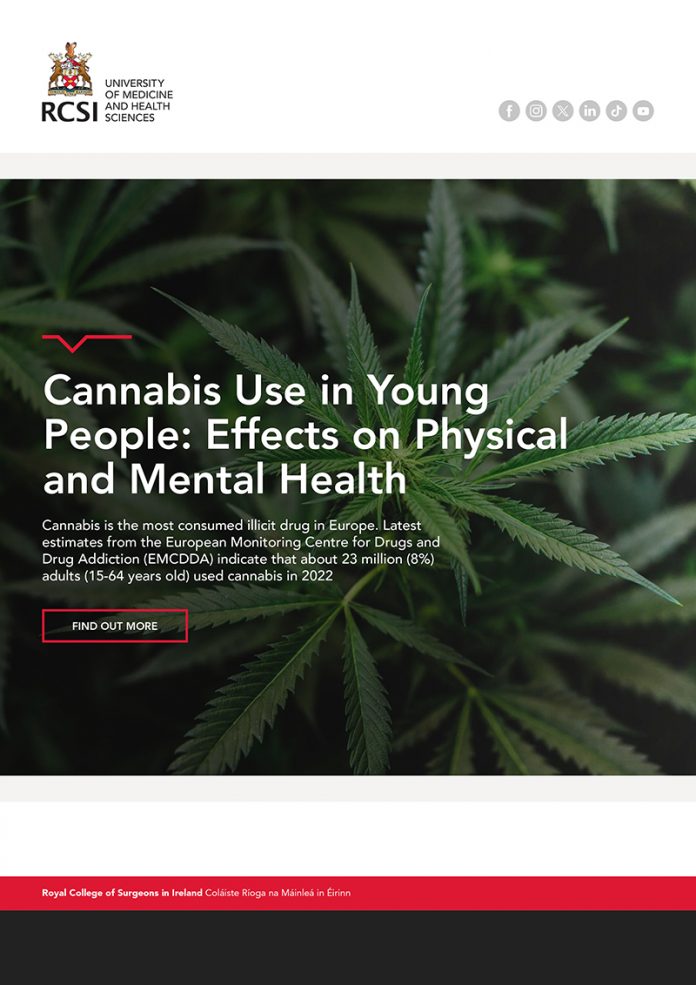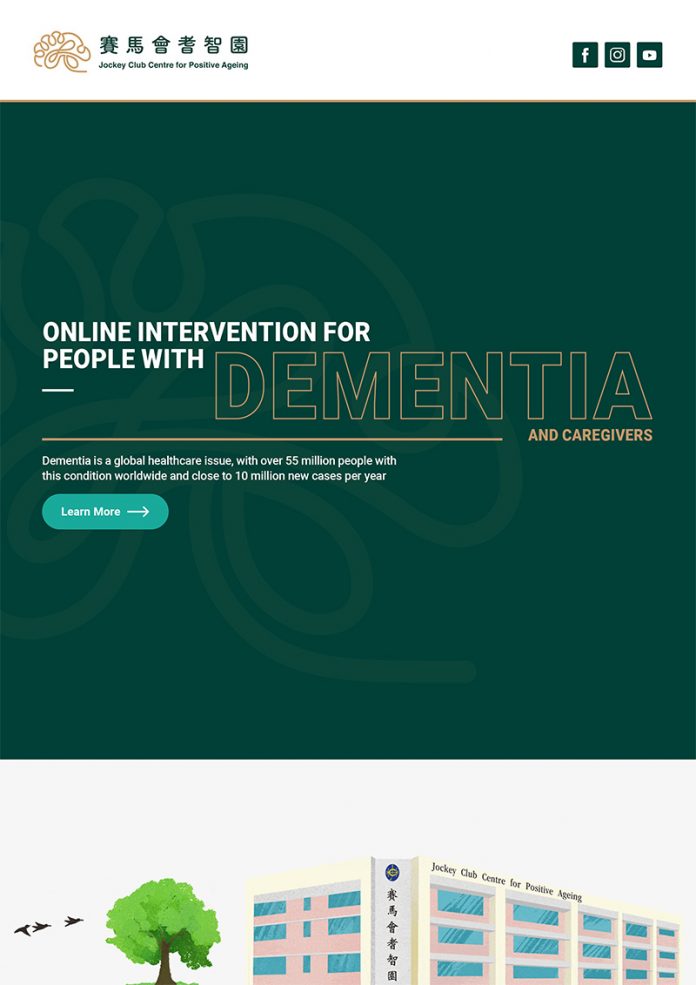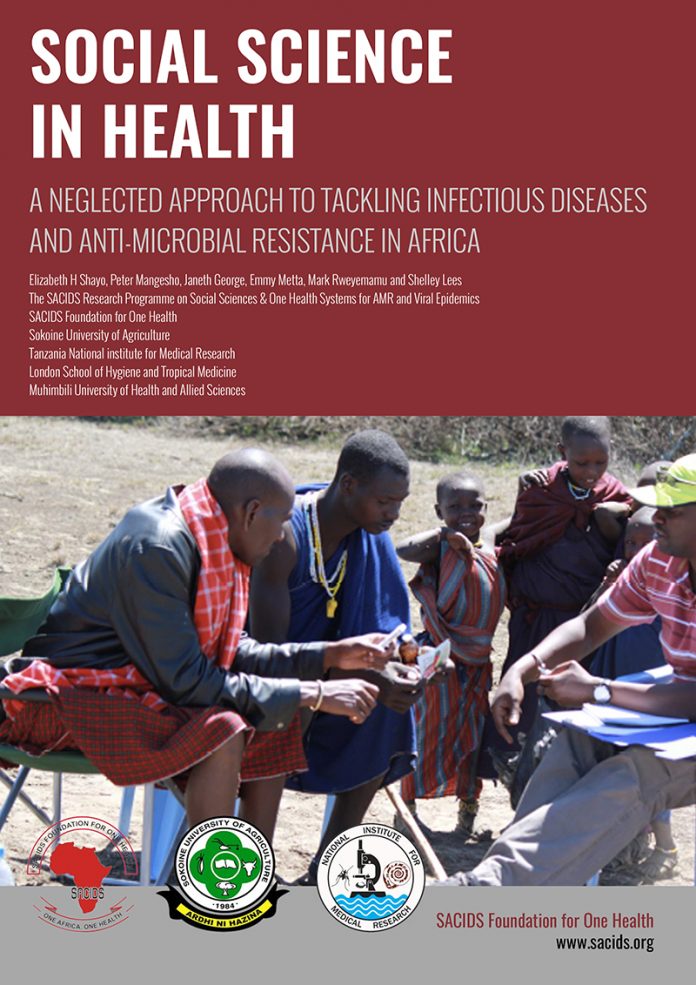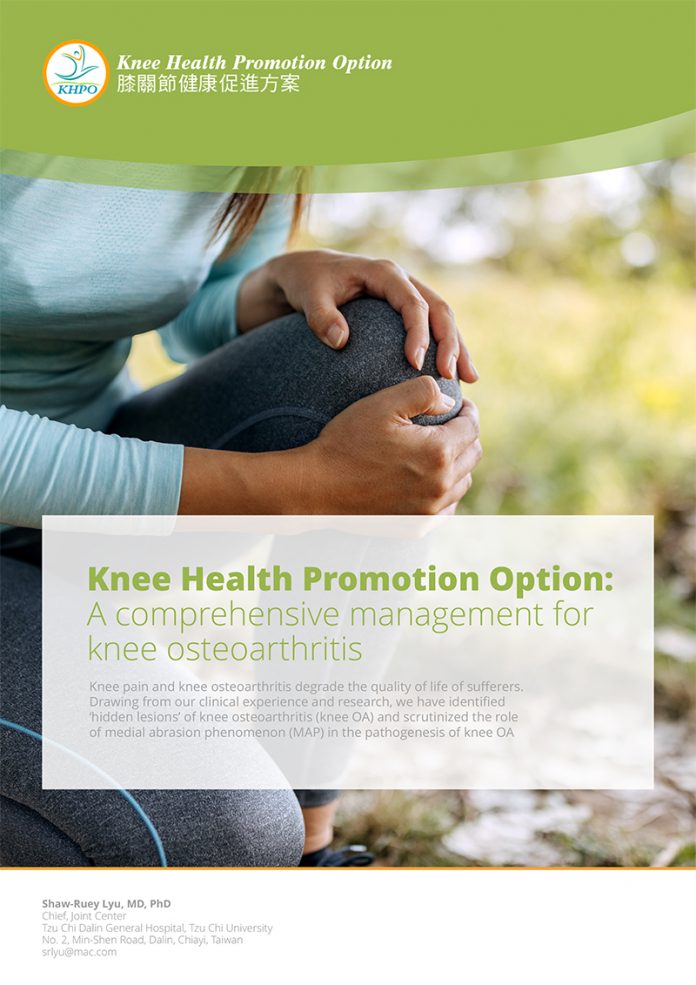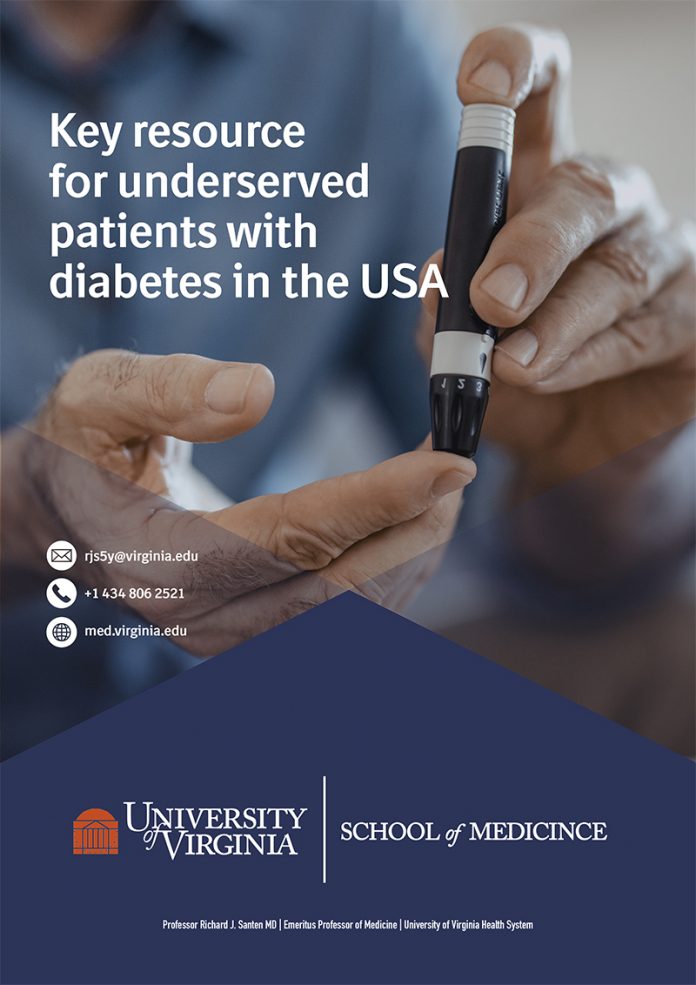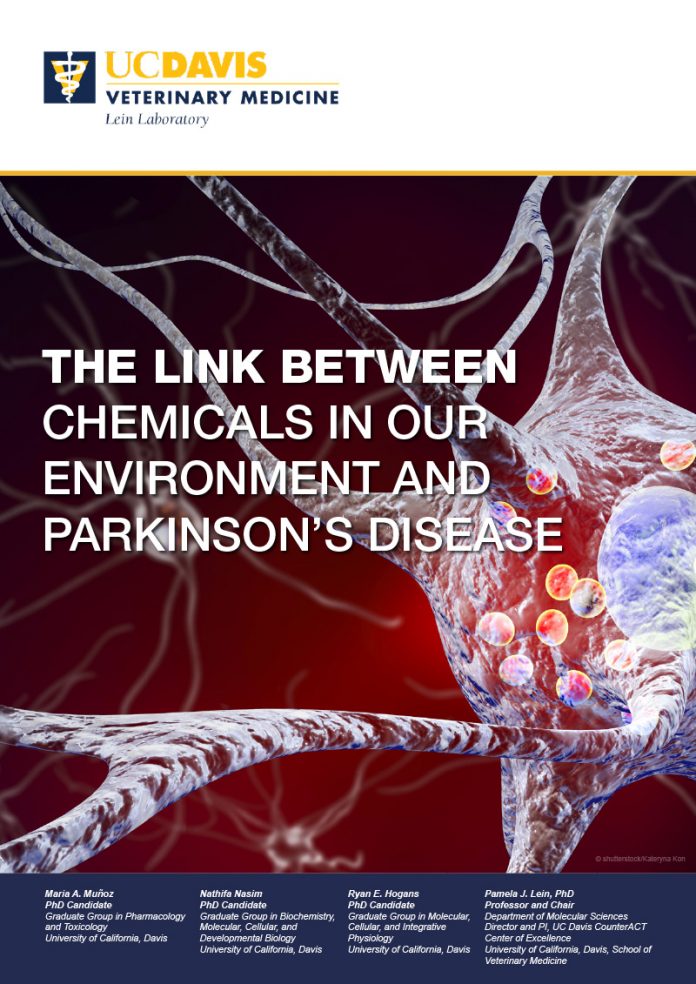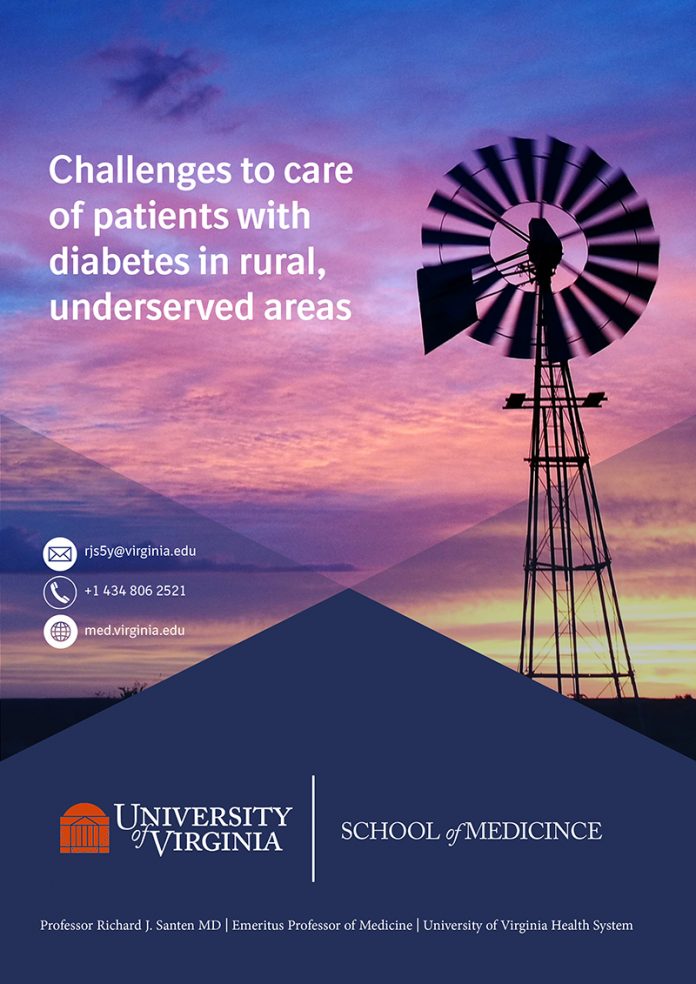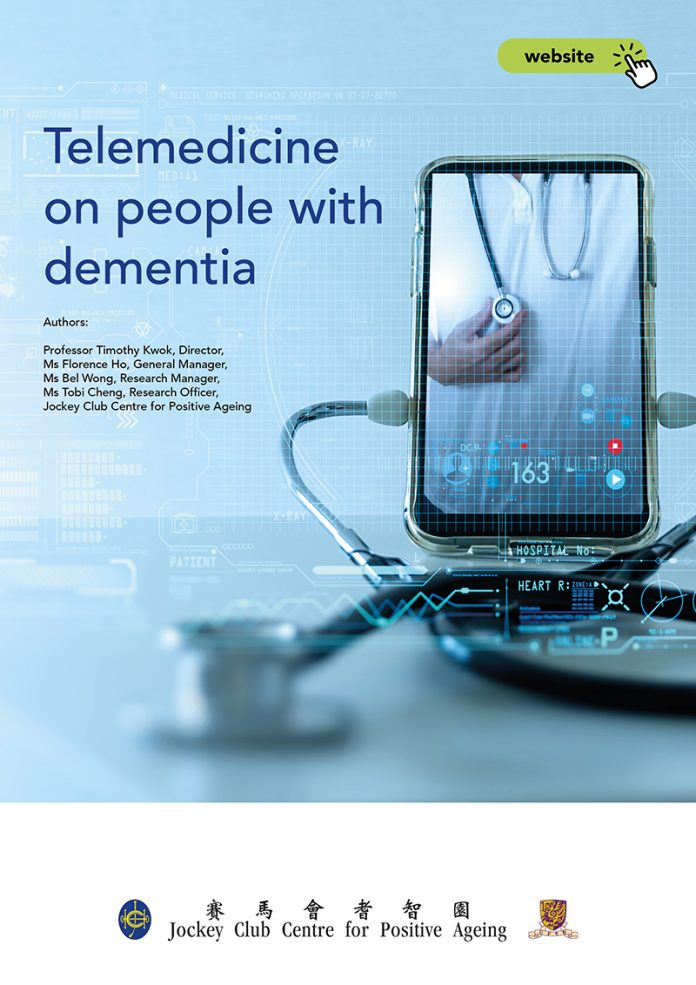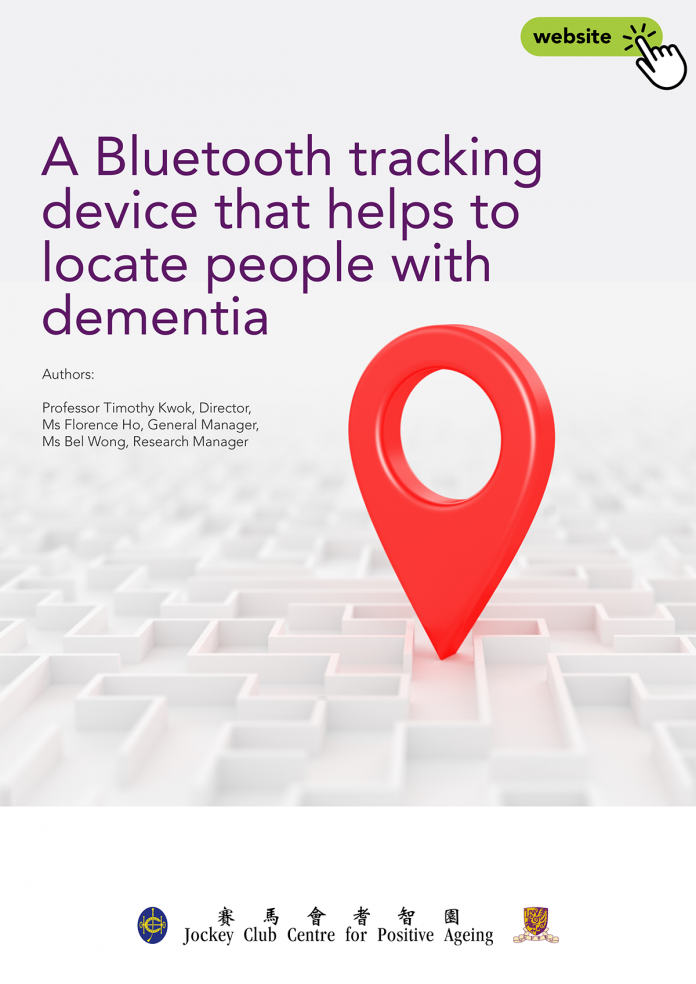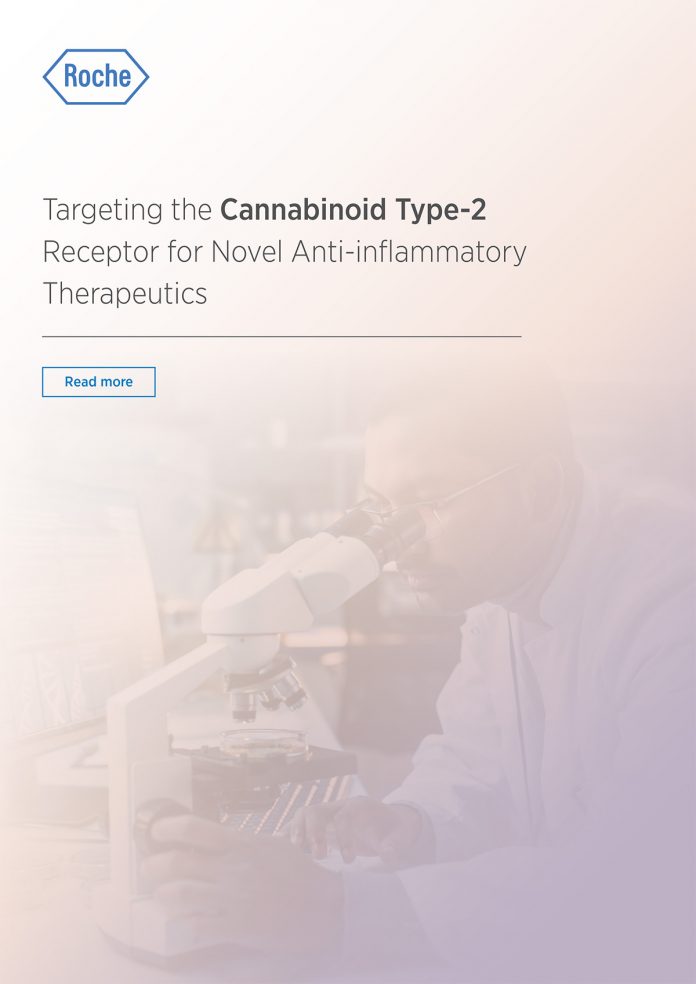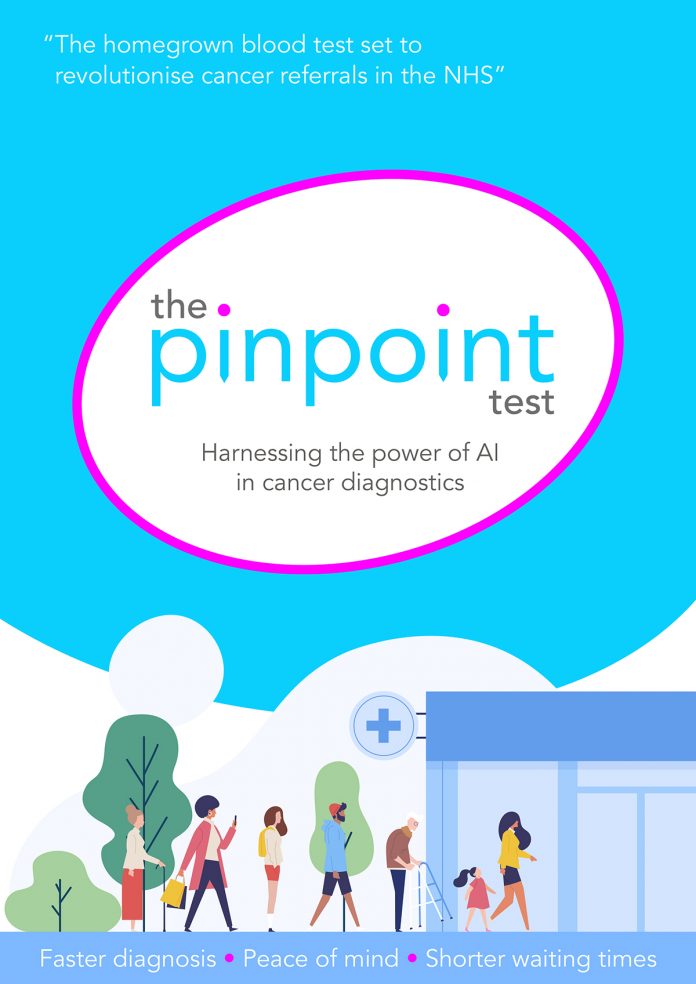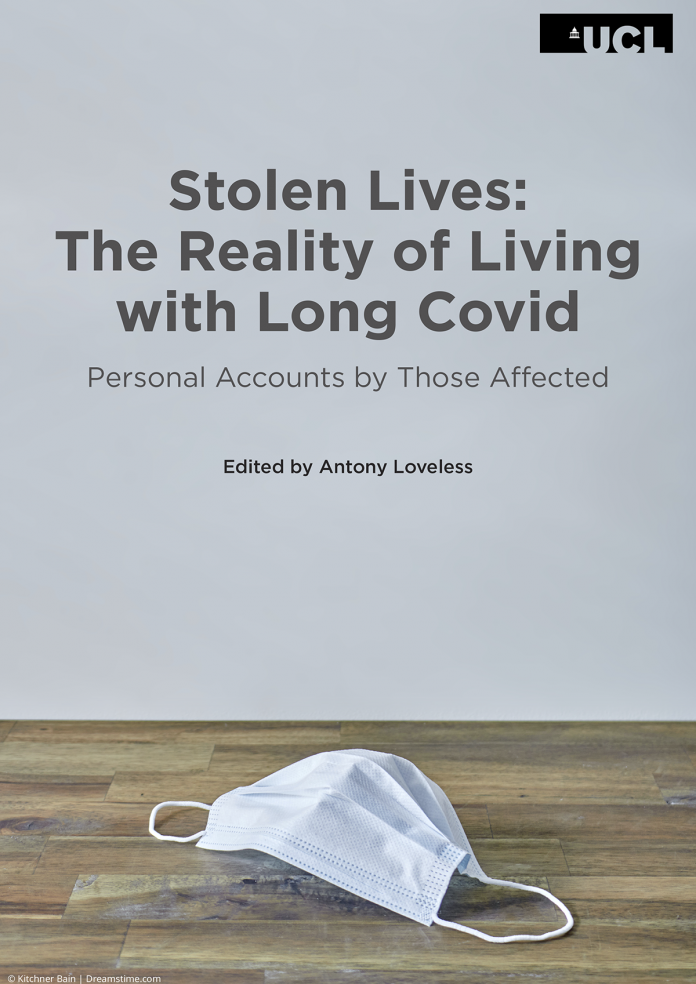Demystify the visa and immigration process
At Holmes & Partners Ltd., we are committed to providing bespoke immigration and visa services that cater uniquely to your individual needs. Our team of skilled professionals is dedicated to supporting and advising you through every step of your visa application journey.
Cannabis use in young people: Effects on physical and mental health
Cannabis is the most consumed illicit drug in Europe. Latest estimates from the European Monitoring Centre for Drugs and Drug Addiction (EMCDDA) indicate that about 23 million (8%) adults (15-64 years old) used cannabis in 2022
Are over-the-counter drugs an under-appreciated toxic danger?
OTC drugs are not harmless. Understanding the effects and dangers of OCT abuse and misuse is key to public safety, here UC Davis explains
Online intervention for people with dementia and caregivers
A systematic review indicated that as much as 80% of community-dwelling people with dementia are cared for by their family members. Psychoeducational programs for caregivers of people with dementia can reduce caregivers’ anxiety and stress.
Social science in health: A neglected approach to tackling infectious diseases and anti-microbial resistance...
How social sciences are invisible when addressing infectious disease epidemics and Anti Microbial Resistance.
Knee health promotion option: A comprehensive management for knee osteoarthritis
Knee pain and knee osteoarthritis degrade the quality of life of sufferers. Drawing from our clinical experience and research, we have identified ‘hidden lesions’ of knee osteoarthritis (knee OA) and scrutinized the role of medial abrasion phenomenon (MAP) in the pathogenesis of knee OA.
Key resource for underserved patients with diabetes in the USA
The FQHCs handle 114.2 million patient visits per year. In 2021, one of 4 of these visits was virtual and involved the use of telemedicine, here we explore the value of telemedicine for diabetes patients in rural areas of America
Patients with diabetes mellitus living in rural, underserved areas have...
Promoting regular exercise to protect brain health
Regular exercise is a critical step in maintaining healthy physiology and ensuring healthy aging. However, there are many diseases and conditions that make exercise inaccessible or reduce its efficacy. The Wessells lab studies exercise and the pathways it works through to identify key molecules required for a proper exercise response.
The link between chemicals in our environment and Parkinson’s disease
In 1980, hundreds of individuals reported to emergency clinics in Northern California complaining of tremors, motility problems, and mild cognitive deficits - all classic signs of Parkinson’s disease (PD)
Challenges to care of patients with diabetes in rural, undeserved areas
Patients with diabetes mellitus in rural communities face major impediments in achieving and maintaining control of glucose levels and preventing complications; patients in these areas endure their healthcare being medically underserved and financially challenged.
The forgotten story of women within the history of psychedelics
Women are integral to the history of psychedelics; however, their contributions have often not figured as prominently in stories of daring experiments or discoveries made by charismatic mind explorers.
The journey towards sustainable medicines
Sustainable medicines maximise benefits for people while minimising harms to the environment and costs, find out more in this eBook.
Telemedicine on people with dementia
Telemedicine overcomes the physical limitations of conventional services by utilizing a variety of applications such as telephone, video- conferencing platforms and wearable devices; here we explore the benefits of telemedicine for people with dementia.
Transforming transport for the NHS: Bringing sustainable mobility to our healthcare heroes
Our planet is suffering from the effects of climate change. To tackle this, Connected Kerb aims to charge up the NHS with a reliable network of public charging infrastructure.
Stop low back pain: A self treatment approach
There is a 2-minute corrective exercise which research proves provides relief from low back pain to 90% of those who do it, explains Dr. Hélène Bertrand, who discusses the impact of SI joints and possible pain treatments.
A Bluetooth tracking device that helps to locate people with dementia
Getting lost affects the quality of life of older people who may suffer from dementia. Naturally, it worries their caregivers too, but what can technology do to help?
Targeting the Cannabinoid Type-2 Receptor for Novel Anto-inflammatory Therapeutics
Type-2 cannabinoid receptor (CB2R) is a G-protein-coupled receptor (GPCR) and an essential element of the endocannabinoid system (ECS) [1].
The Pinpoint Test: Harnessing the power of AI in cancer diagnostics
Suspected cancer patients in England are currently referred to the NHS urgent cancer referral pathway, known as the ‘2-week wait’ (2WW). It guarantees that suspected cancer patients can see a specialist in Secondary Care within 14 days of referral.
Transforming transport for the NHS
Connected Kerb has begun discussions with several NHS trusts about transforming transport and becoming a trusted companion on their EV journey.
Stolen Lives: The Reality of Living with Long Covid
Long Covid is affecting an estimated two million people in the UK; however, both the general population and the UK government have continued to overlook its impacts. This eBook sheds light on the life-changing condition.



